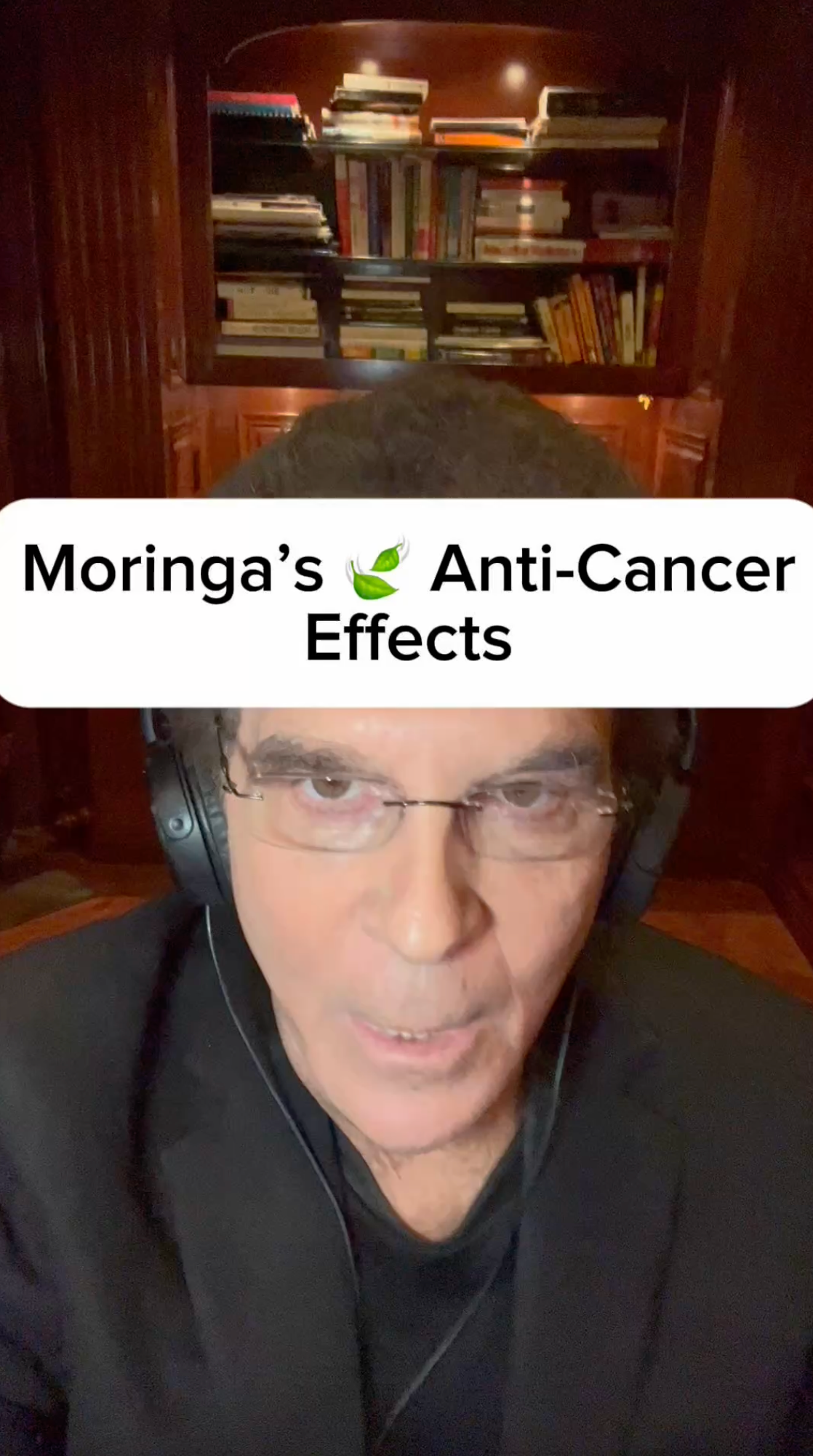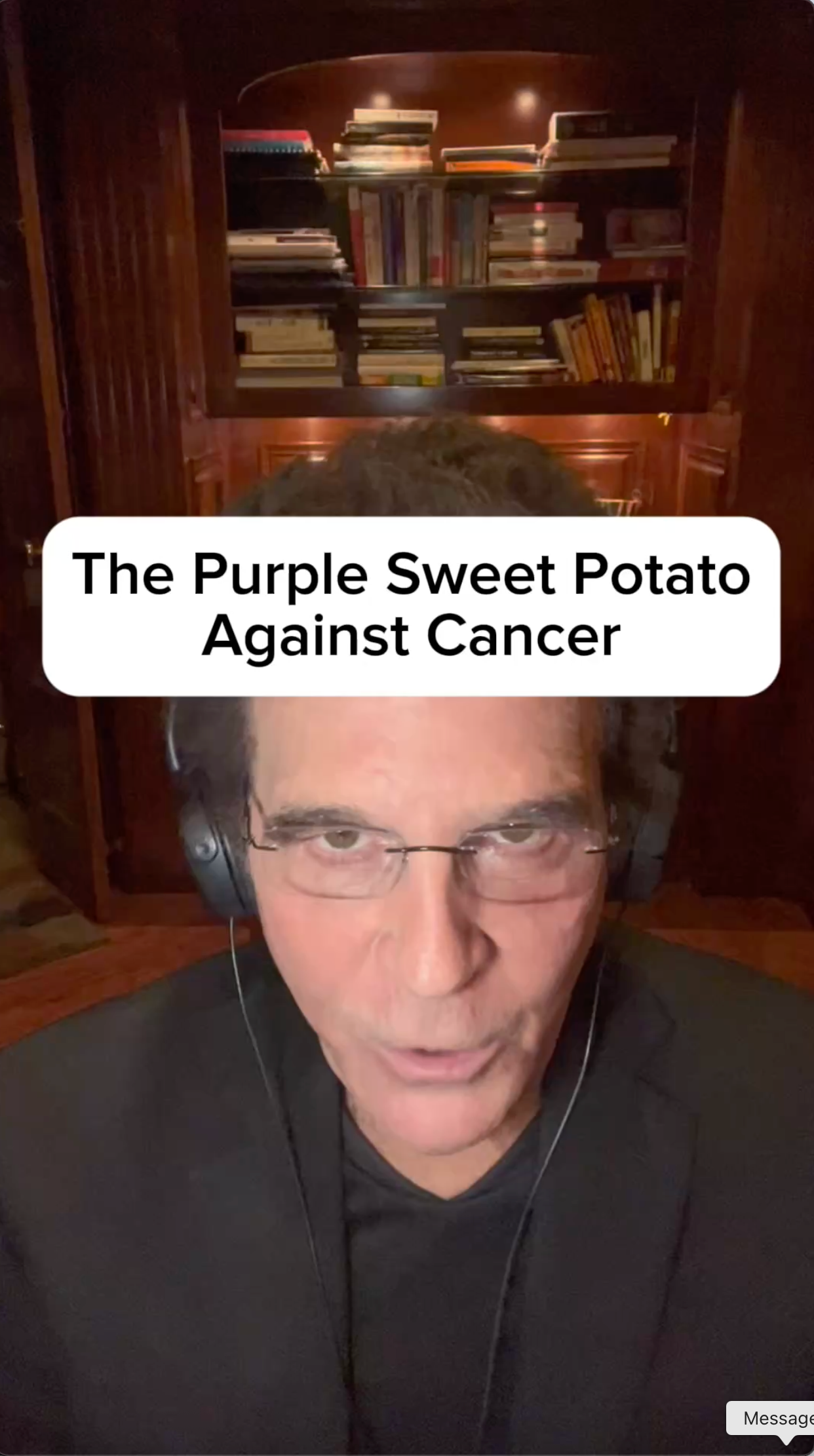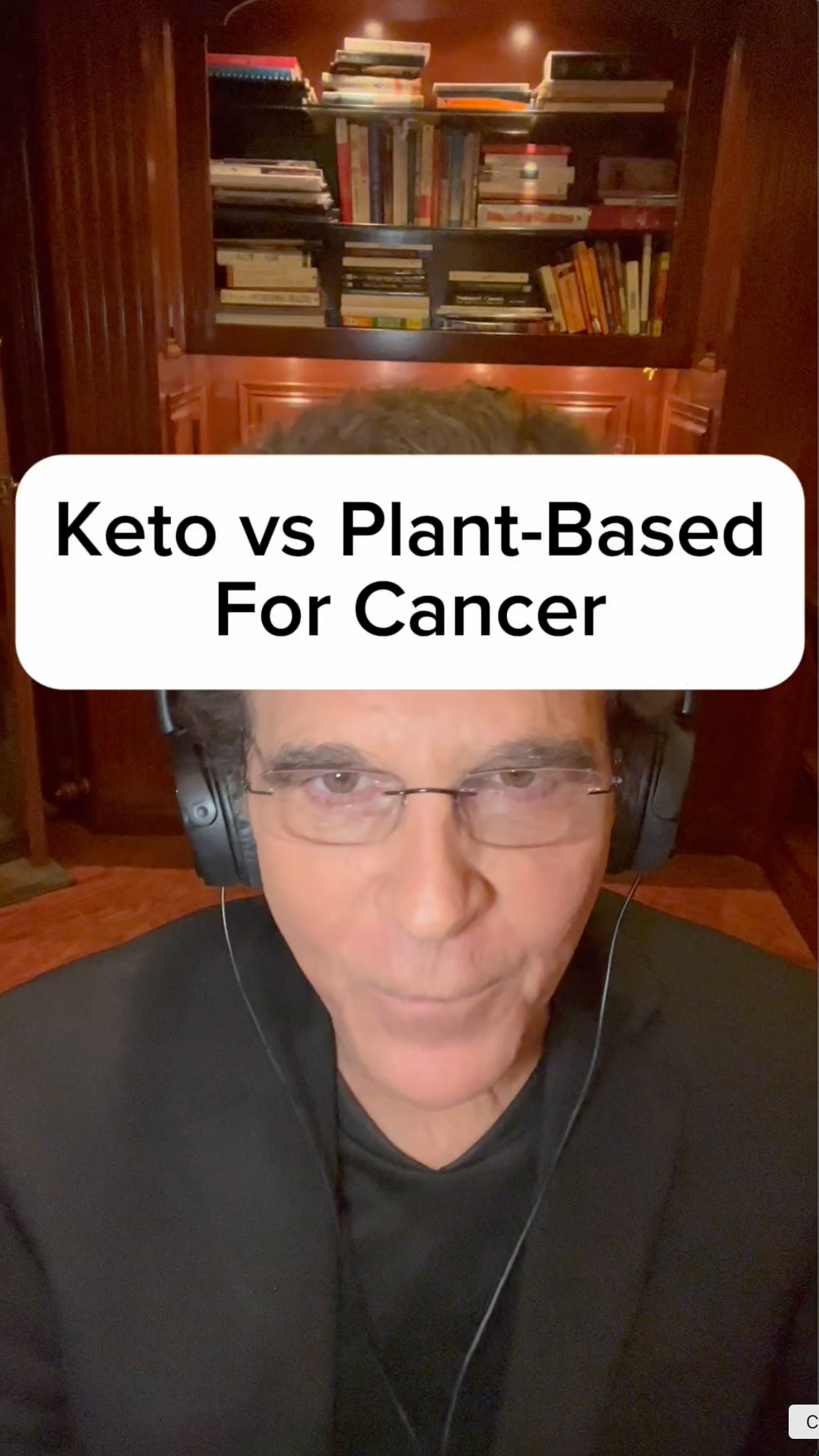550. Beat Back Cancer Naturally with Dr. Dominic Brandy
For some forms of cancer, allopathic medical interventions are extremely effective; but for many cancers, outcomes are mixed and confusing. Like all things health, it’s clear that diet and lifestyle interventions can play a huge role in prevention, treatment, and possibly even reversing some forms of cancer. On this week’s podcast, you’ll meet a medical doctor turned cancer patient and natural foods advocate who dedicates the second chapter of his life toward beating cancer.
Listen & Learn:
Why nine daily servings of plant foods is recommended for cancer prevention and treatment How sugar and insulin can feed cancer The importance of supplements like iodine and vitamin D Strategies for education and empowering yourself and your health Why cancer needs inflammation to proliferate.
ABOUT OUR GUEST
Medical doctor Dominic Brandy was diagnosed in 2017 diagnosed with Multiple Myeloma,an incurable rare form of cancer. He started researching plant based diet, exercise, and targeted supplements. His cancer is in remission, and his work focused on helping people with lifestyle interversion to treat, manage, and hopefully reverse cancer as well. He’s the author of the book, Beat Back Cancer Naturally.
Cancer is a leading cause of death worldwide and its prevention and treatment is crucial. Diet and lifestyle play a crucial role in preventing and treating cancer. A diet rich in fruits and vegetables, limiting refined carbohydrate intake, taking targeted supplements, being informed, making lifestyle changes, and reducing inflammation are all key steps in preventing and treating cancer.
The Importance of Plant Foods:
Consuming at least nine servings of fruits and vegetables per day can lower the risk of cancer. These foods contain a variety of nutrients and antioxidants that can help protect cells from damage and prevent cancer from developing. Eating a diet rich in whole plant foods is recommended by the National Cancer Institute for cancer prevention and treatment.
The Relationship between Sugar and Insulin:
High levels of sugar in the blood can stimulate the release of excessive insulin, which can in turn promote the growth of cancer cells. This is because cancer cells have a need for huge amounts of glucose, and insulin helps to transport it into the cells. Moreover, insulin, by itself, is a well-established stimulator of cancer growth.
The Role of Targeted Supplements:
Certain supplements can also be helpful in preventing and treating cancer. There are a multitude of herbs that demonstrate anti-cancer activity. Turmeric, for example, has demonstrated the ability to block cancer development through a multitude of pathways. Vitamin D is also important for cancer prevention, as it helps to regulate immunity and cell growth, this helping cancer from ever developing.
Education and Empowerment:
Another important aspect of cancer prevention and treatment is education and empowerment. It is important to be informed about the risks and causes of cancer, and to take steps to reduce your risk. This can include making lifestyle changes, such as quitting smoking, eating a more plant-predominant diet, and getting regular exercise. Additionally, it is important to be aware of any early warning signs of cancer and to seek medical attention if you notice any changes in your health.
The Connection between Inflammation and Cancer:
Inflammation is a natural response to injury or infection, but chronic inflammation can contribute to the development of cancer. This is because inflammation can lead to the formation of harmful molecules, such as free radicals and inflammatory cytokines, that can damage cells and promote cancer growth. Eating a diet rich in anti-inflammatory foods and taking targeted supplements can help to reduce inflammation and lower the risk of cancer.
Take Aways:
Eating a diet rich in whole plant foods, limiting refined carbohydrate intake, taking supplements like turmeric and vitamin D, being informed, making lifestyle changes, and reducing inflammation are all key steps in preventing and treating cancer. By taking a proactive approach to your health, you can help to reduce your risk of cancer and improve your chances of recovery if you are diagnosed.











